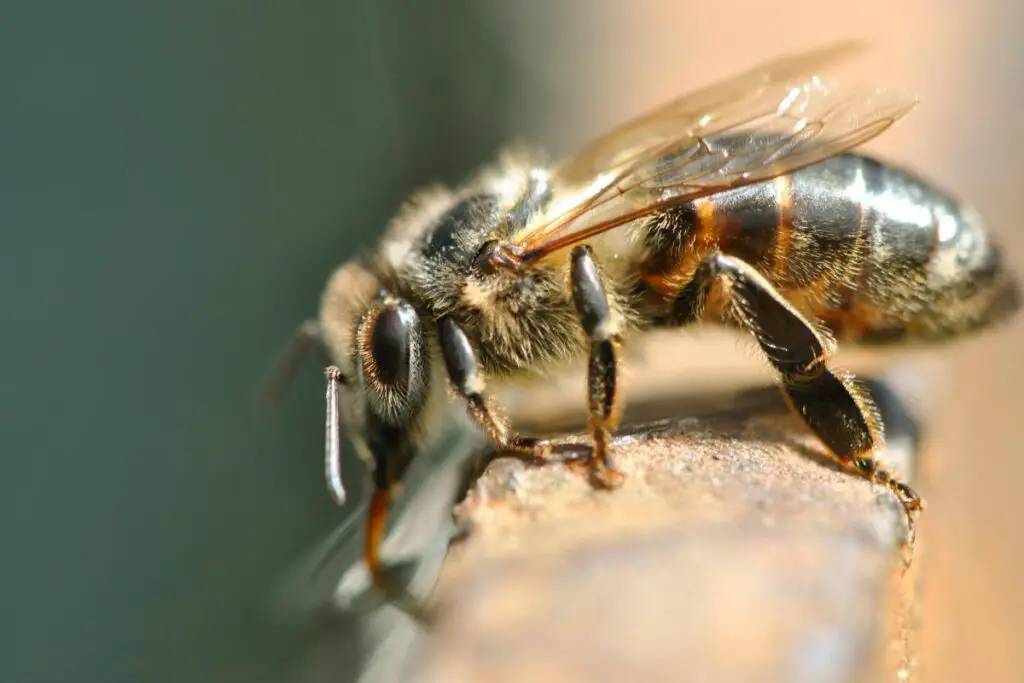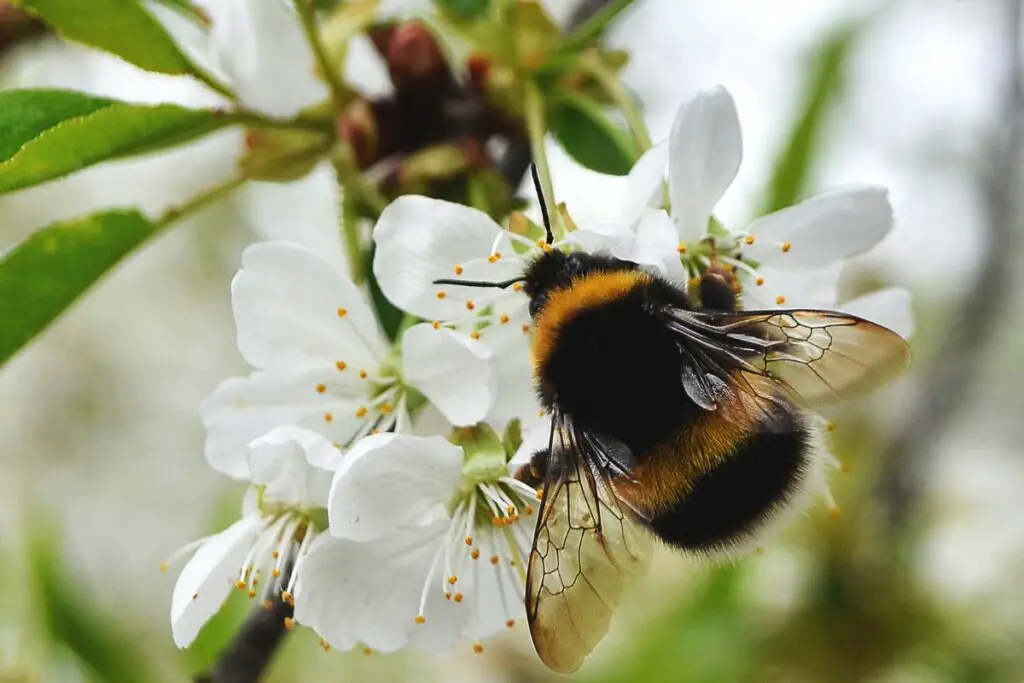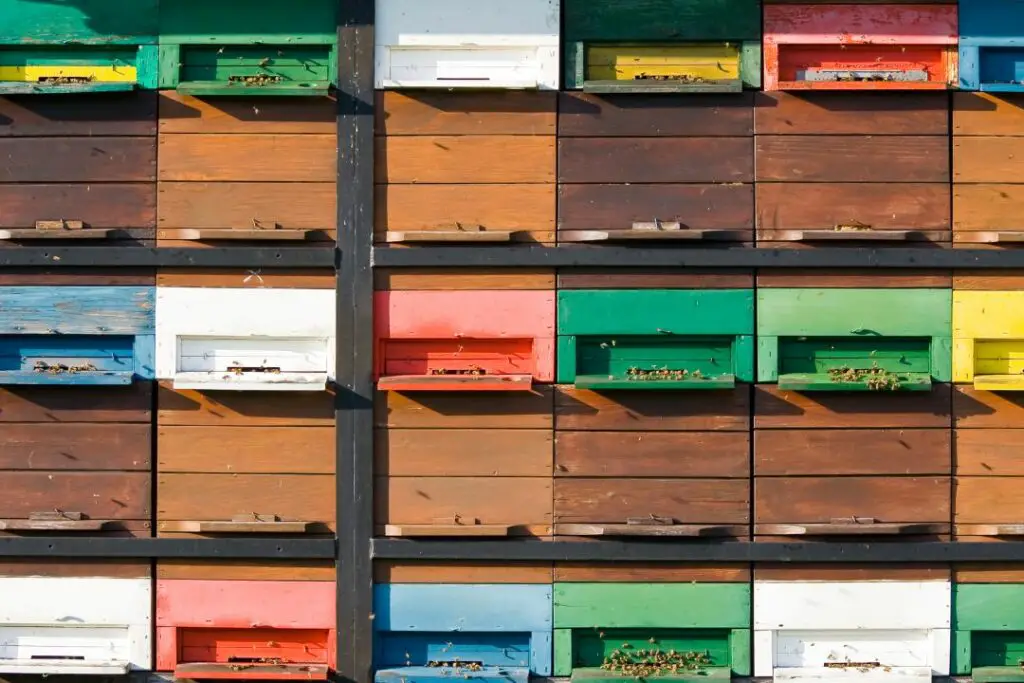Last updated on January 3rd, 2024 at 01:53 pm
Bees are a crucial part of our ecosystem. They pollinate our crops and wild plants, which helps keep the environment healthy and provides a wide range of habitats for other insects and nails.
Bees also produce honey used by humans as a food source and for a range of medicinal purposes.
Let’s take a deep dive into the myriad of ways bees help humans thrive on our planet.
Bees are a keystone species
Keystone species are important to their ecosystems because they have a disproportionate effect on them. Keystone species are not always the most abundant species in an ecosystem, but they can have a major influence on how it functions.
For example, bees are keystone pollinators because they help create fruits and vegetables that feed a wide variety of animals, including humans. If bees disappeared from our planet today the effect on natural ecosystems and agriculture would be truly catastrophic!
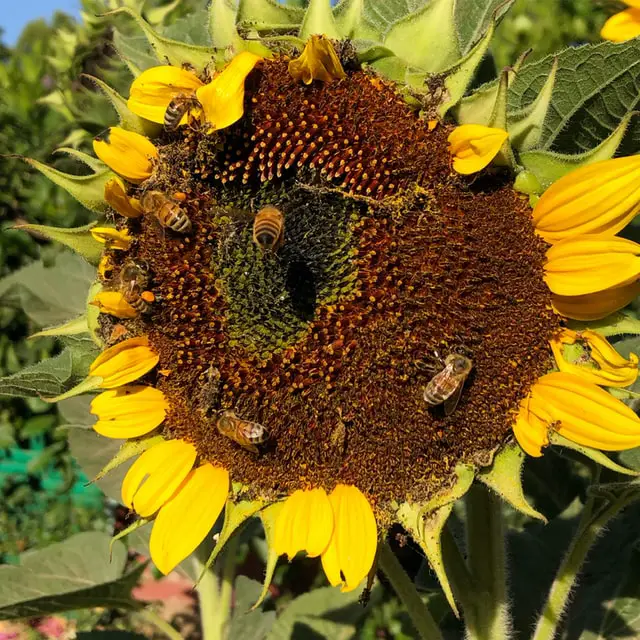
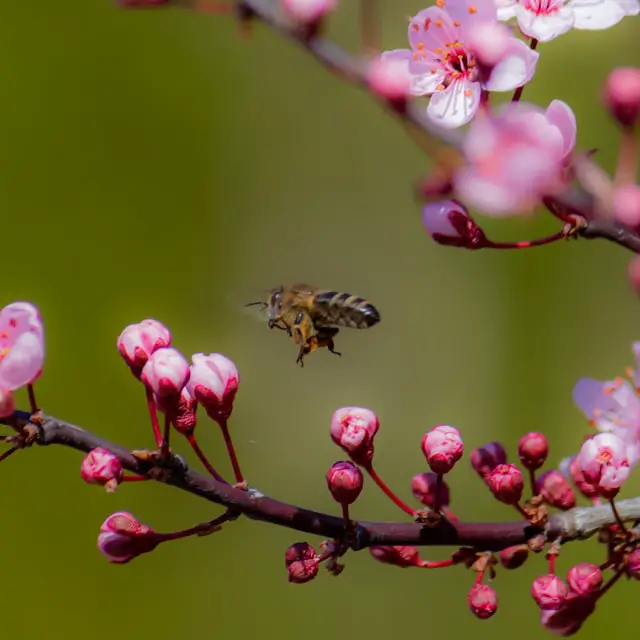
Bees increase crop yield all over the planet
One of the most important things bees do for humans is help with crop pollination. Bees are more efficient pollinators than other insects, and they pollinate more crops than any other animal.
The honey bee (Apis mellifera) is one type of bee that has been domesticated for its unique ability to efficiently transfer pollen from flower to flower during pollination.
In the US honeybees are transported from state to state (sometimes up to halfway across the country) in an effort to quickly pollinate a wide range of food crops including:
- Avacado
- Melons
- Cranberries
- Apples
- Broccoli
- Almonds
In fact, it’s estimated that bees account for about 70% of all crops that humans eat!
Find out exactly which fruits bees pollinate in our detailed guide that dives into all the different species bees visit during their foraging trips.

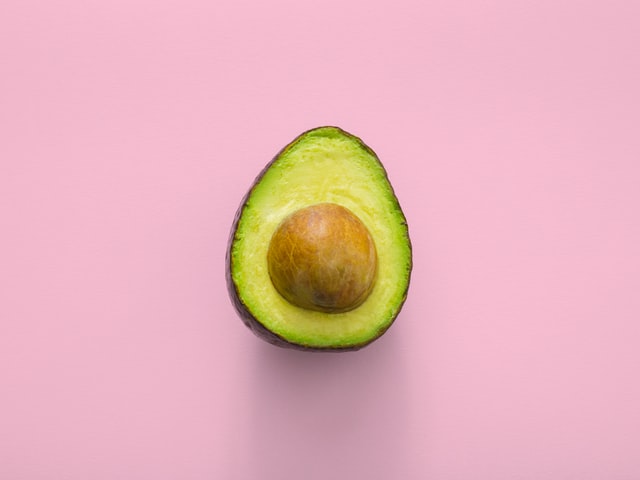
Bees help keep the environment healthy
Bees are a key part of our ecosystem, and they’re responsible for pollinating flowers, crops and other plants in the environment. According to the National Wildlife Federation, some 80% of European wildflowers require insect pollination to set fruit or seed.
That can be important for birds like bluebirds that depend on fruit trees as food sources during migration season or when nesting.
Pollinators are also necessary for other animals that rely on plants for food: bees allow plants to fruit, set seed and breed, ultimately providing food and habitat for countless other creatures from caterpillars to bears!
Bees produce honey!
Honey is a food source that’s been used for thousands of years. It’s eaten as a spread or added to other foods, such as yoghurt and cereal.
Thousands of years ago when the human race was in its infancy, honey was a prized food source due to its high-calorie content. Interestingly this has been linked to our passion for digesting large amounts of sugary food.
For hunter-gatherers honey was a rare find and as such gorging on its contents was likely a great move to avoid starvation. However, in a world of chocolate bars, this same natural instinct doesn’t do us any favours.
Honey is also used in cooking. It has a low water content so you only need to add a little to considerably sweeten your dish. It can be substituted for sugar or artificial sweeteners in many recipes and doesn’t contain the same harmful chemicals.
Honey isn’t just good for eating, it has many other beneficial properties we use in day-to-day life.
Today we use it in bee products for skincare like soaps and shampoos because of its anti-inflammatory properties that help treat acne, dermatitis and eczema. Plus it has antioxidant properties which protect cells from damage caused by free radicals linked to the ageing process.
Find out more about the fascinating and sticky world of honey in our short read real honey vs fake honey.
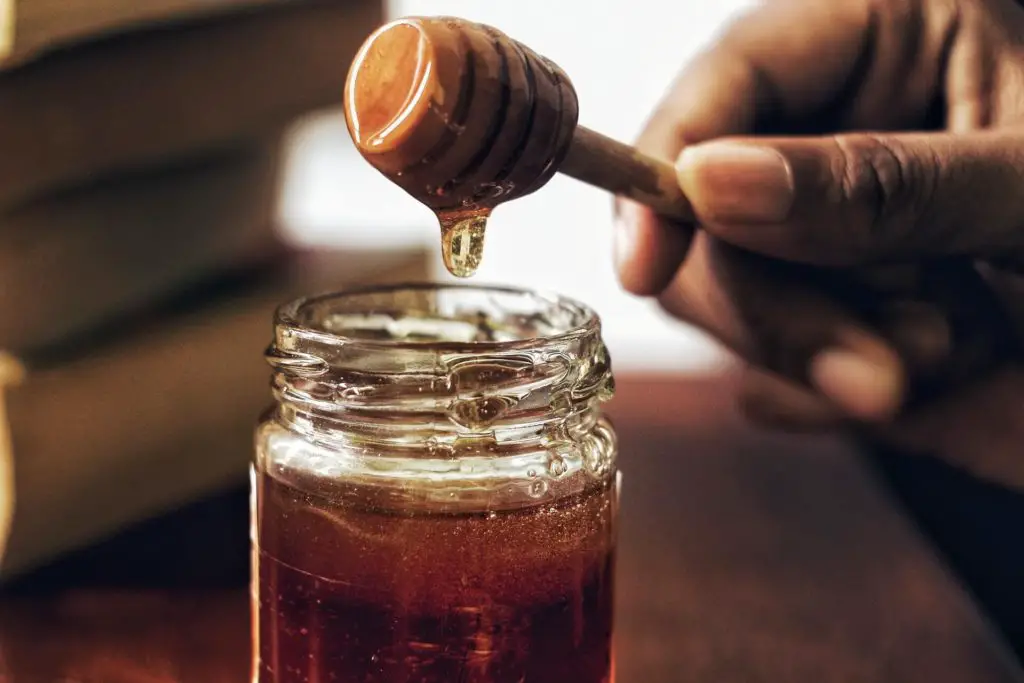
Honey and the ancient egyptians
Today honey comes in all shapes and sizes from frozen honey viral crazes on TikTok to high-end Manuka honey praised for its health benefits. But the use of honey is nothing new, ancient civilizations were taking full advantage of the wonder syrup thousands of years ago.
The ancient Egyptians used honey to make bread, cakes, and other desserts. They also used it in wine, which they drank frequently. It was commonly applied to treat wounds and burns, as well as stomach aches and constipation.
The Egyptians have been known to utilise honey within their religion as well, one such ceremony involved placing a small amount of honey on the lips of a newborn baby boy at birth. This symbolized that he had been accepted into his community and would be supported by them throughout his life.
Even more fascinating is how they used honey for embalming mummies! Honey was said to have antibacterial properties that would help prevent decay, so it was often used in place of salt during the mummification process.
Honey also has the ability to draw moisture out of tissue, which helped speed up the tissue drying process, preventing decay.
Bee venom may have health benefits
The venom of bees and other stinging insects has been used for centuries to treat a variety of ailments. Bee venom contains a complex mixture of chemicals, many of which are still unknown.
The toxin in bee venom is called Melittin, which has been shown to kill cells by rupturing their membranes and creating holes in them. This effect can be therapeutic in certain situations but requires careful use because it damages healthy cells as well.
While the possible health benefits of bee venom are still being studied by scientists around the world (and may never reach clinical use), some studies have shown that it may be effective at treating cancer and other diseases.
Some research indicates that melittin could play a role in killing off certain types of tumour cells, namely those that are resistant to chemotherapy drugs like 5-fluorouracil (5-FU).
It appears that melittin works by damaging mitochondria—the energy centres inside each cell—to prevent tumours from growing any bigger than they already are rather than eliminating existing tumours entirely.
Without bees, humans would have less food, less variety of food, and less healthy environments for growing food
Bees pollinate plants that we rely on for our survival. Without these pollinators—including honeybees and other insects—our diets would be much more limited and we wouldn’t have the same variety of foods available at the local grocery store or supermarket.
They also help make sure that fruits and vegetables produce seeds or fruit by carrying pollen from one plant to another. This process is called cross-pollination, which means that different varieties are able to grow together because they’re compatible genetically (unlike with other plants).
Honeybees play a vital role in our ecosystem: they’re considered a keystone species because their actions impact many other species within an ecosystem even including the predators who eat them.
Conclusion
Bees are an integral part of our ecosystem, and their presence has been a significant contributor to human development. They play a vital role in the pollination of many plants that humans need for food and medicine and should be treated with the care and respect they deserve.

